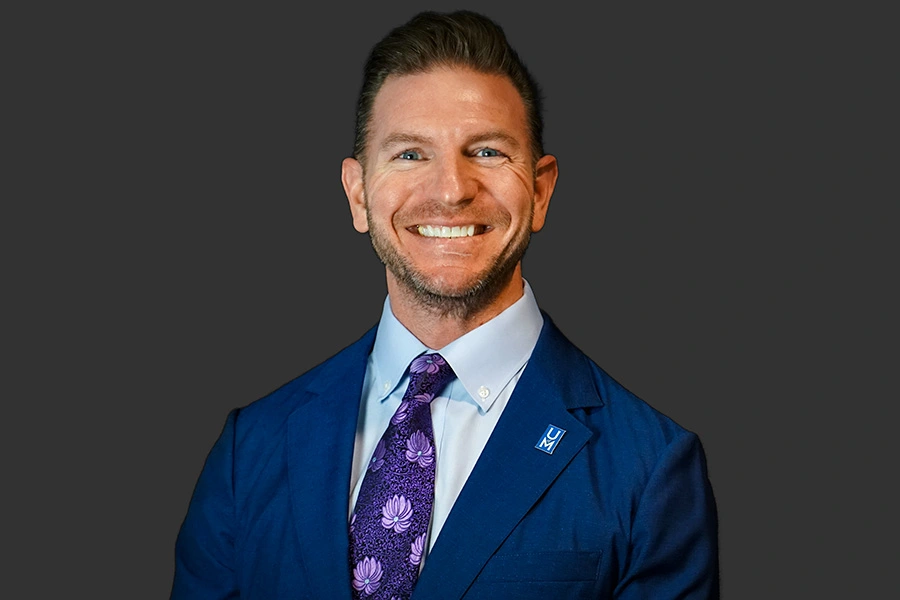William C. Bigler, PhD

William C. Bigler
Assistant Professor, Health Systems Management and Policy
901.678.3437124 Robisonwcbigler@memphis.eduAbout William C. Bigler, PhD
A native of South Louisiana, Cam Bigler has a healthcare leadership, operations, analytics, and business development background across acute, ambulatory, specialty, rural, and urban settings. With a broad range of work experience across diverse healthcare settings and geographies, he has a framework for viewing healthcare issues from theoretical and practical perspectives. Cam has proven to be a collaborator, individual contributor, leader, and facilitator across his career. As a teacher, Cam is energetic, enthusiastic, and engaging and has successfully connected with students in various mentorship roles. He has experience launching, designing, and teaching in a hybrid online MHA program with in-class experience around special topics. Cam’s research focus is SUD care delivery in the US. He has studied Medicaid policy effects in SUD treatment seeking populations, SUD treatment supply-demand dynamics, and published as a co-author in Health Affairs around race-based avoidable heart failure admissions. He actively pursues outdoor adventures, community involvement, cultural curiosity, physical exercise, audiobooks of all kinds, spiritual fitness, and he loves (and sometimes loathes) LSU football.
Education
- PhD Health Policy and Management, Tulane University School of Public Health and Tropical Medicine, New Orleans, LA
- Dissertation: The effects of Medicaid expansion on public health indicators in the US SUD population: Themes and natural experiments using the TEDS. Advisor: Mark Diana, PhD
- Master of Health Administration (MHA), Tulane University School of Public Health and Tropical Medicine, New Orleans, LA
- Administrative Residency: Touro Infirmary, New Orleans, LA
- BS Economics, Louisiana State University, EJ Ourso College of Business, Baton Rouge, LA
Research Interests
I began my PhD process knowing I wanted to study substance use disorder (SUD) healthcare delivery, operational processes and their links to access, engagement, and improved outcomes. An eye-opening scenario unfolded while working in FQHC’s in rural Western North Carolina that showed how thinly stretched SUD management capacity is where primary care provides the bulk of SUD treatment. One of three physicians who could manage opioid prescriptions on a large scale abruptly left. Distributing a full patient panel needing full intake visits across a provider network staffed with many advanced practice providers and a new cohort of recently trained physicians was difficult. Delays in prescriptions had significant consequences, and maintaining effective and safe care transitions was critical. It was a balance that physically and emotionally taxed all involved. My healthcare experience allows me to have a comprehensive view of an issue, policy, payment structure, strategy, practice, process, and the human element. I have developed a close network of researchers, physicians, healthcare executives, and clinicians who are ready to engage in my work from sound boarding to actual participation in projects.
My healthcare experience allows me to have a comprehensive view of an issue, policy, payment structure, strategy, practice, process, and the human element. I have developed a close network of researchers, physicians, healthcare executives, and clinicians who are ready to engage in my work from sound boarding to actual participation in projects.
Selected Publication:
- Anderson A, Mukashev N, Zhou D, Bigler W. The Costs Of Disparities In Preventable Heart Failure Hospitalizations In The US South, 2015-17. Health Affairs (Millwood). 2023 May;42(5):693-701. doi: 10.1377/hlthaff.2022.01314. PMID: 37126750
